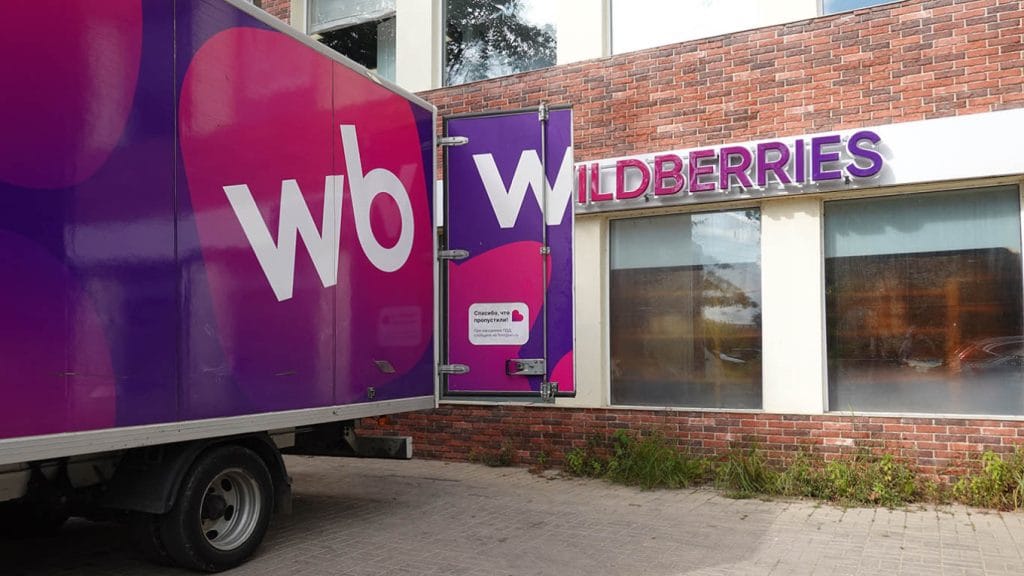Russia’s Wildberries Hits 1,600+ Tons of Donated Clothes in Three Years

Russian e-commerce giant Wildberries and eco-tech partner Ecoplatform are celebrating the third anniversary of their “Not Just a Thing” textile donation program with a massive milestone: customers have donated more than four million clothing and accessory items totaling over 1,600 tons for reuse or recycling.
Why it matters
The fashion industry is one of the world’s top polluters, responsible for roughly 8–10% of global carbon emissions and massive textile waste. Turning everyday online-shopping pickup points into donation hubs has made circularity effortless for millions of consumers — a scalable model that ESG investors are watching closely in emerging markets.
The big picture
Since launching in 2022, Wildberries has rolled out Ecoplatform-operated collection boxes to thousands of its 90,000+ pickup points across Russia and neighboring countries. The result?
- More than 150,000 unique donors.
- Average user donates 3–5 times — proof the behavior is sticking.
- One record-breaking box alone collected over six tons of textiles.
The program seamlessly blends convenience with sustainability: shoppers simply drop off unwanted clothes when collecting their latest Wildberries order.
RELATED ARTICLE: Zara, H&M, Ikea and Primark to Launch Textile Waste Pilot Ahead of EU Regulations
What they’re saying
Nadezhda Vorontsova, Head of Sustainable Development at Wildberries & Russ: “Our project with Ecoplatform is not just an ecological initiative but a sustainable community of responsible individuals who want to change the world for the better. Donating items for recycling has become the norm for our customers — that inspires us to keep expanding.”
Zoom out
With over 79 million registered users in 2025 and a logistics network spanning nine countries, Wildberries has built one of the world’s largest private circular-fashion pipelines almost overnight. The model is low-cost, hyper-local, and deeply integrated into daily shopping habits — exactly the kind of practical, high-impact solution that resonates with ESG and impact investors seeking real decarbonization and waste-reduction outcomes.
What’s next
The partners plan to significantly increase the number of collection boxes in the coming months, bringing textile recycling to even more Wildberries pickup points and further embedding circular habits into everyday life across Eurasia.
Follow ESG News on LinkedIn








